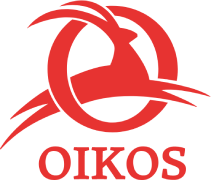Our story
Serving nature for thirty years
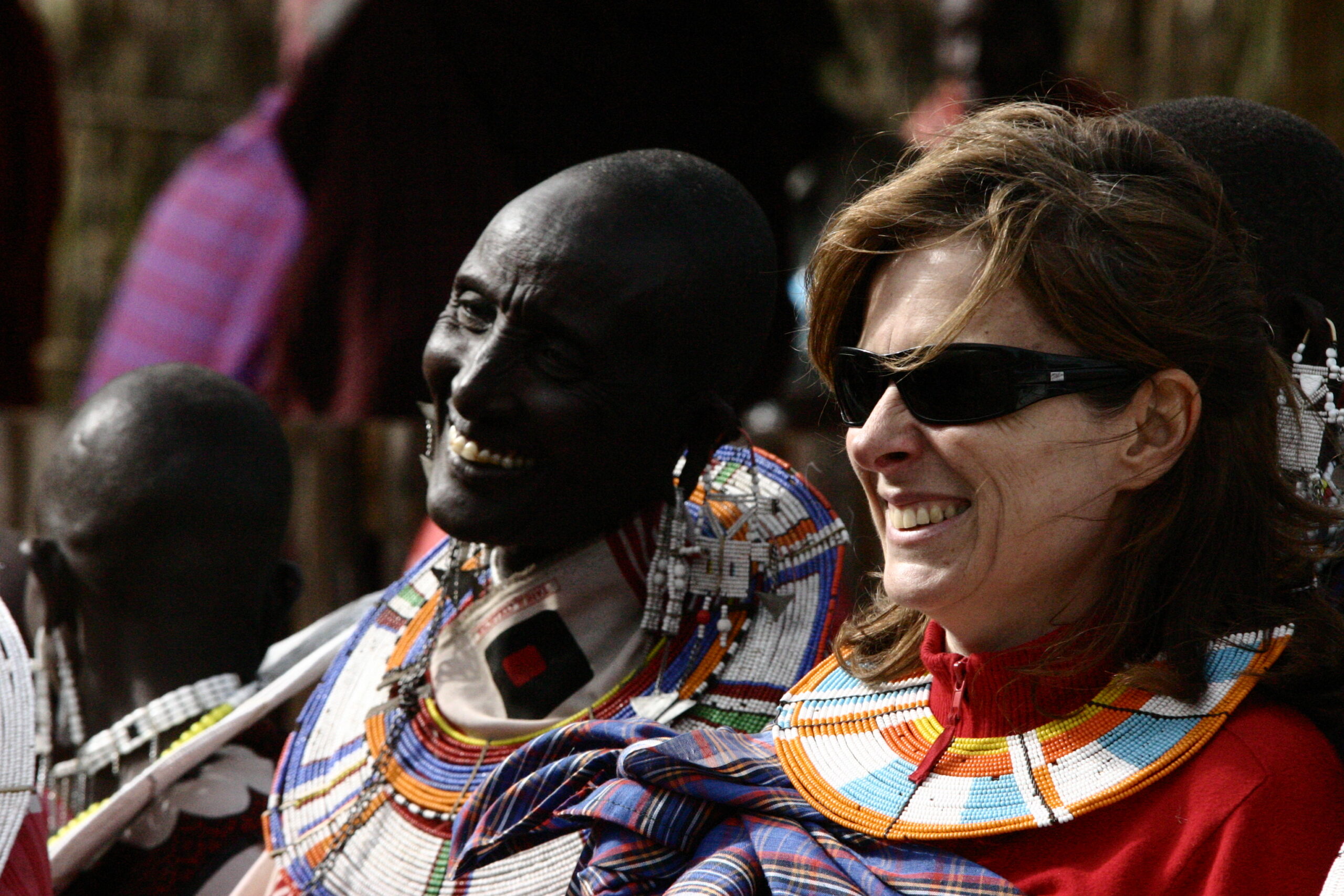
2025
Rossella
After three decades, a pivotal chapter in Oikos’ history comes to a close—the chapter of its founder, the one who nurtured the organization every day with a dream and a vision. Rossella Rossi, President of Oikos, passes the torch to Pino Guida and sets off on a new adventure. The whole team honours her legacy with deep gratitude and admiration.
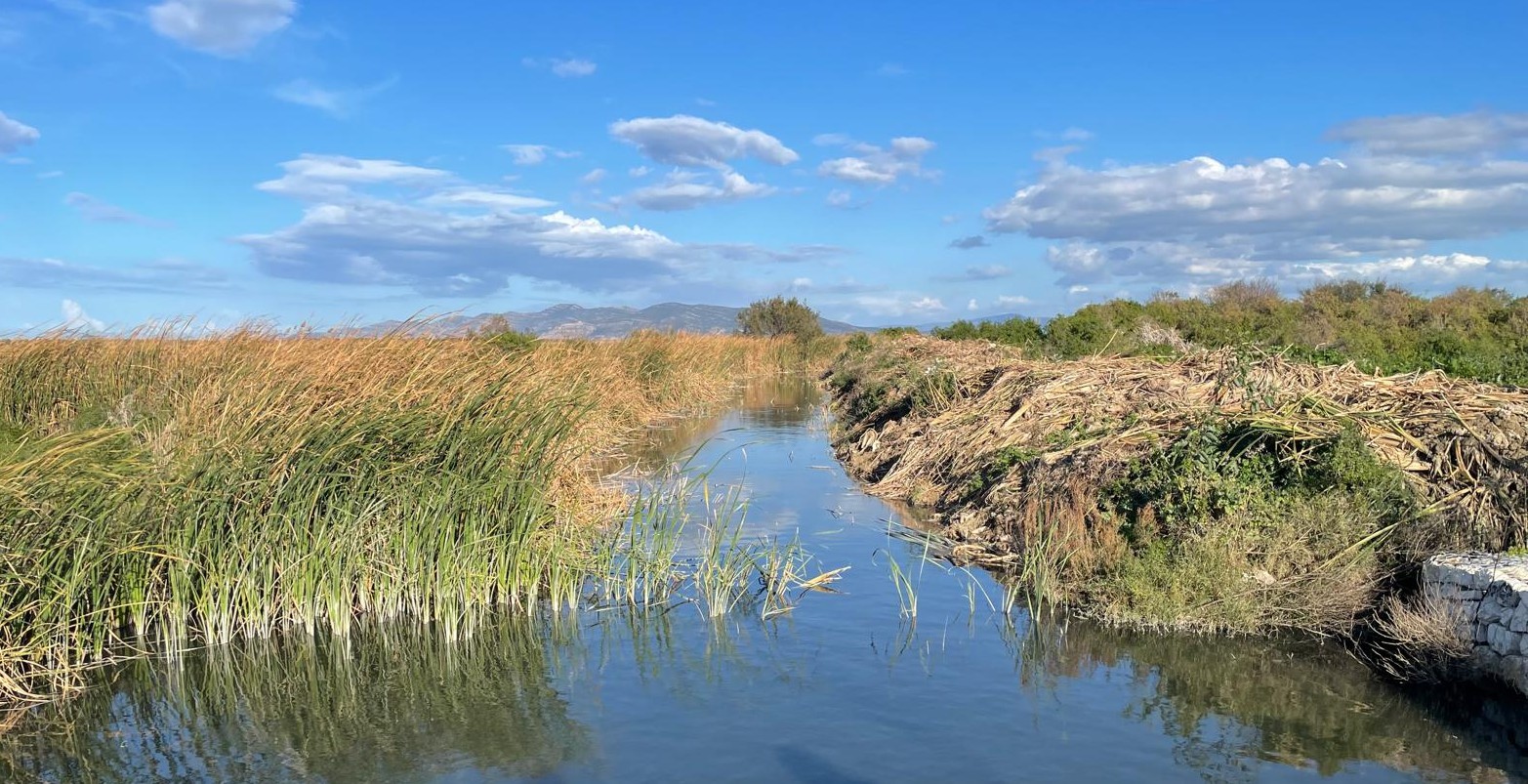
2025
Expanding our impact
At the beginning of the year, Oikos launches operations in a new country: Tunisia. We’re working to conserve water and biodiversity along the coastal region of Nabeul. Decades of experience in Lebanon are now being harnessed to promote innovative and sustainable farming models in this new territory.

2024
Alliances and synergies
Istituto Oikos establishes the Oikos International Alliance—a research-driven network uniting organizations committed to tackling today’s most pressing environmental challenges. Among them is Oikos Med, born in April 2024 to protect the marine and coastal ecosystems of the Mediterranean.
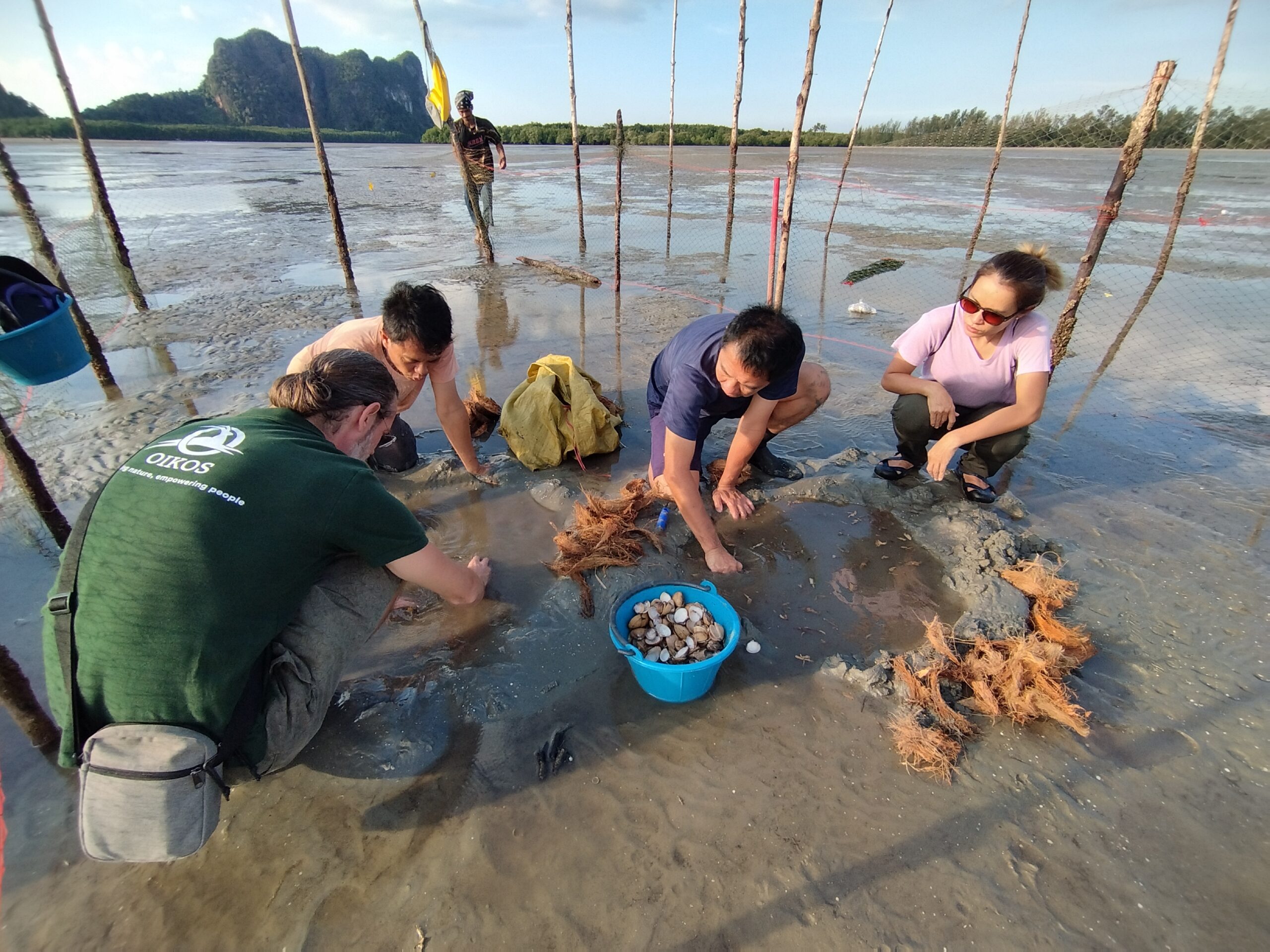
2023
Thailand
A milestone year for Oikos: the organization begins operating in new parts of the world, leveraging the know-how developed over years in its traditional regions of work. A new environmental programme is launched in Thailand, focusing on protecting the coastal ecosystems of Krabi and Trang provinces. The initiative builds on successful experiences with community forest management in Myanmar.
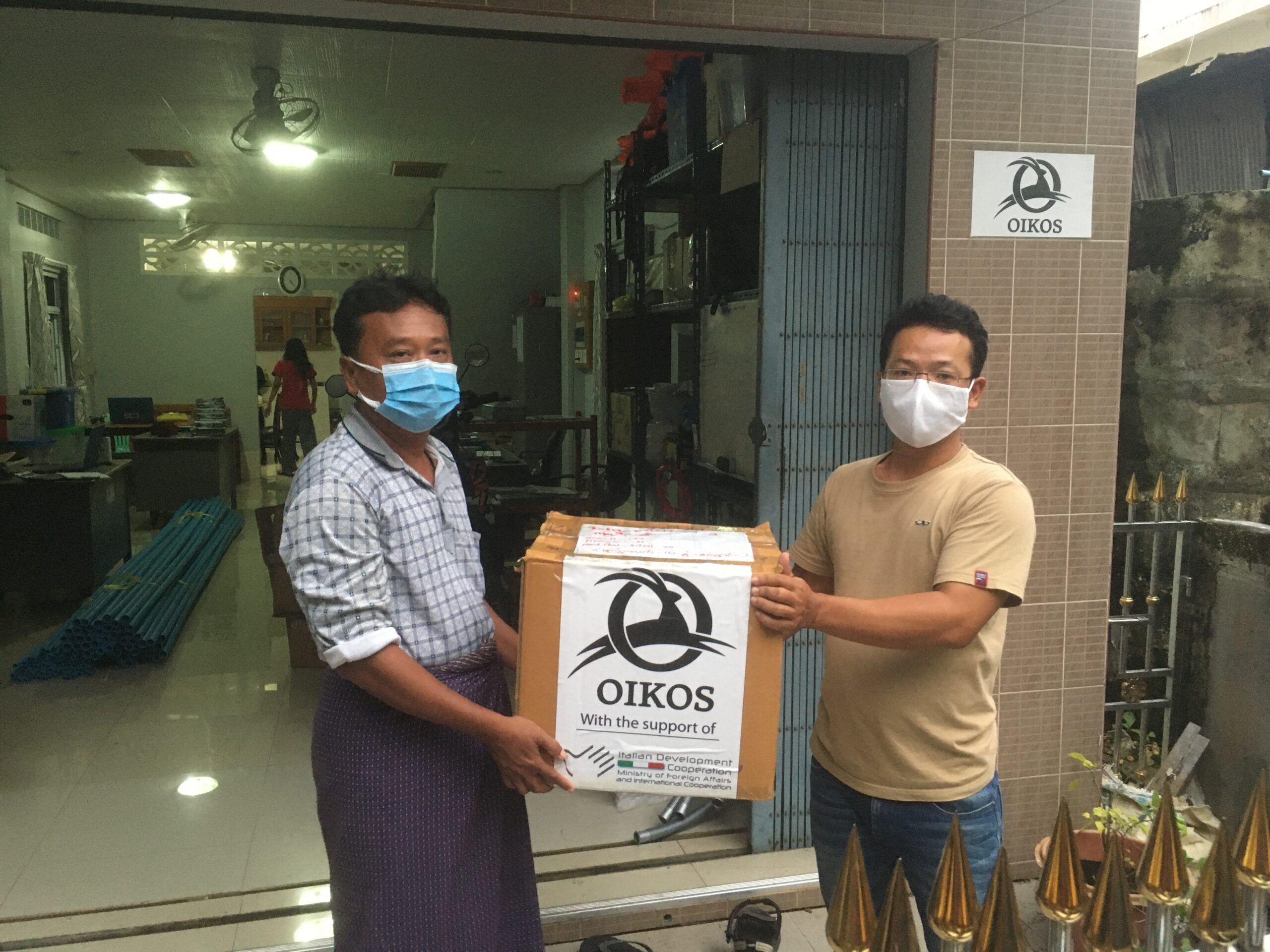
2020
Rapid adaptation
In a world gripped by the COVID-19 pandemic, Oikos faced the need to adapt quickly, without compromising its core mission: protecting nature and biodiversity. We revised our 2019–2023 Strategic Plan, optimized remote working, and implemented new safety protocols for our staff. Health centres were mapped, jobs protected, and both staff and communities engaged through online training programmes. Field activities were redesigned to meet the new operational constraints.
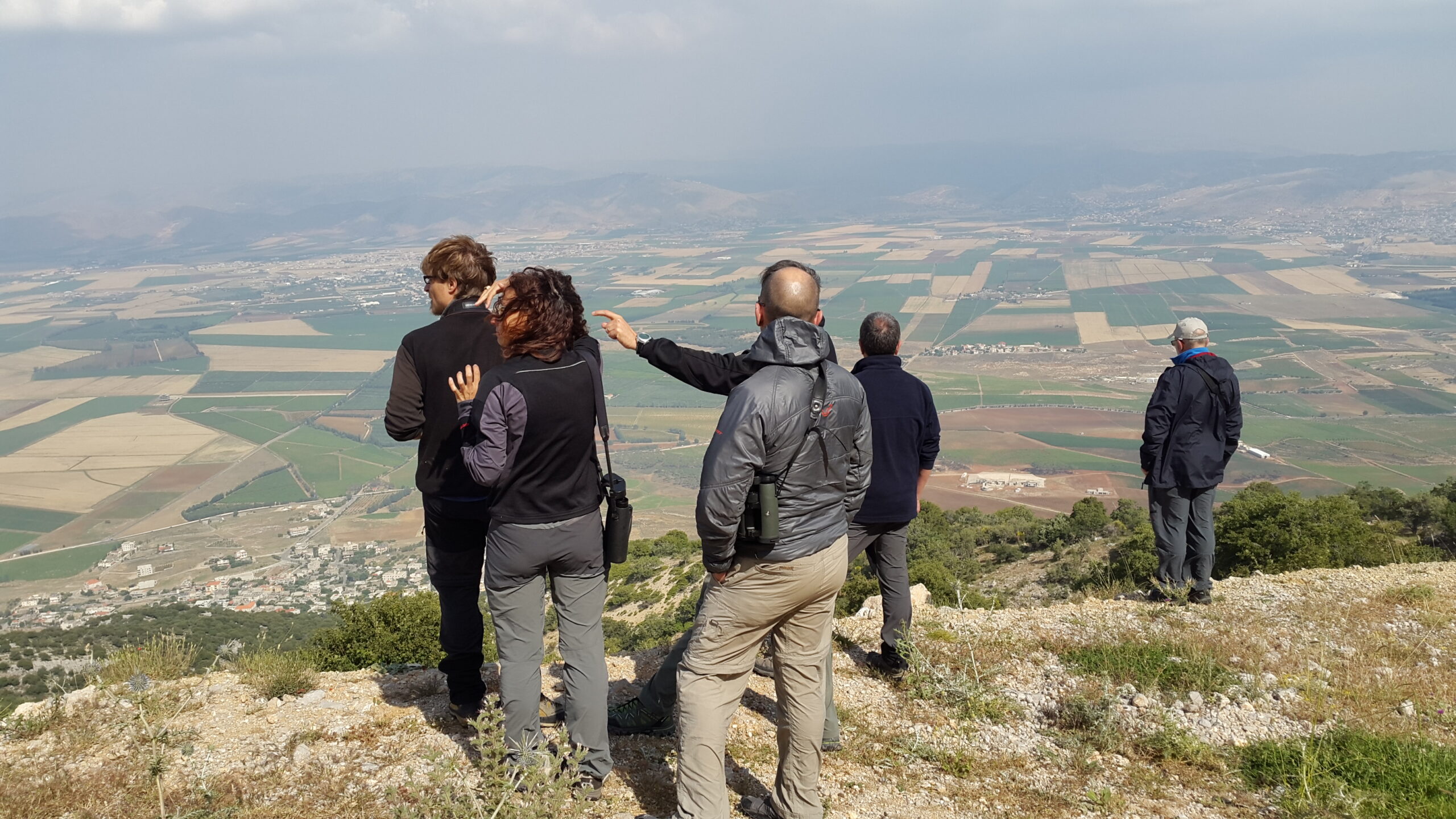
2018
A new frontier
Our first project in Lebanon aims to revive traditional farming techniques and promote sustainable tourism to protect the Shouf Biosphere Reserve—the country’s only green lung and the largest protected area in the Mediterranean Middle East. Over the years, our work in Lebanon has grown to include other regions.
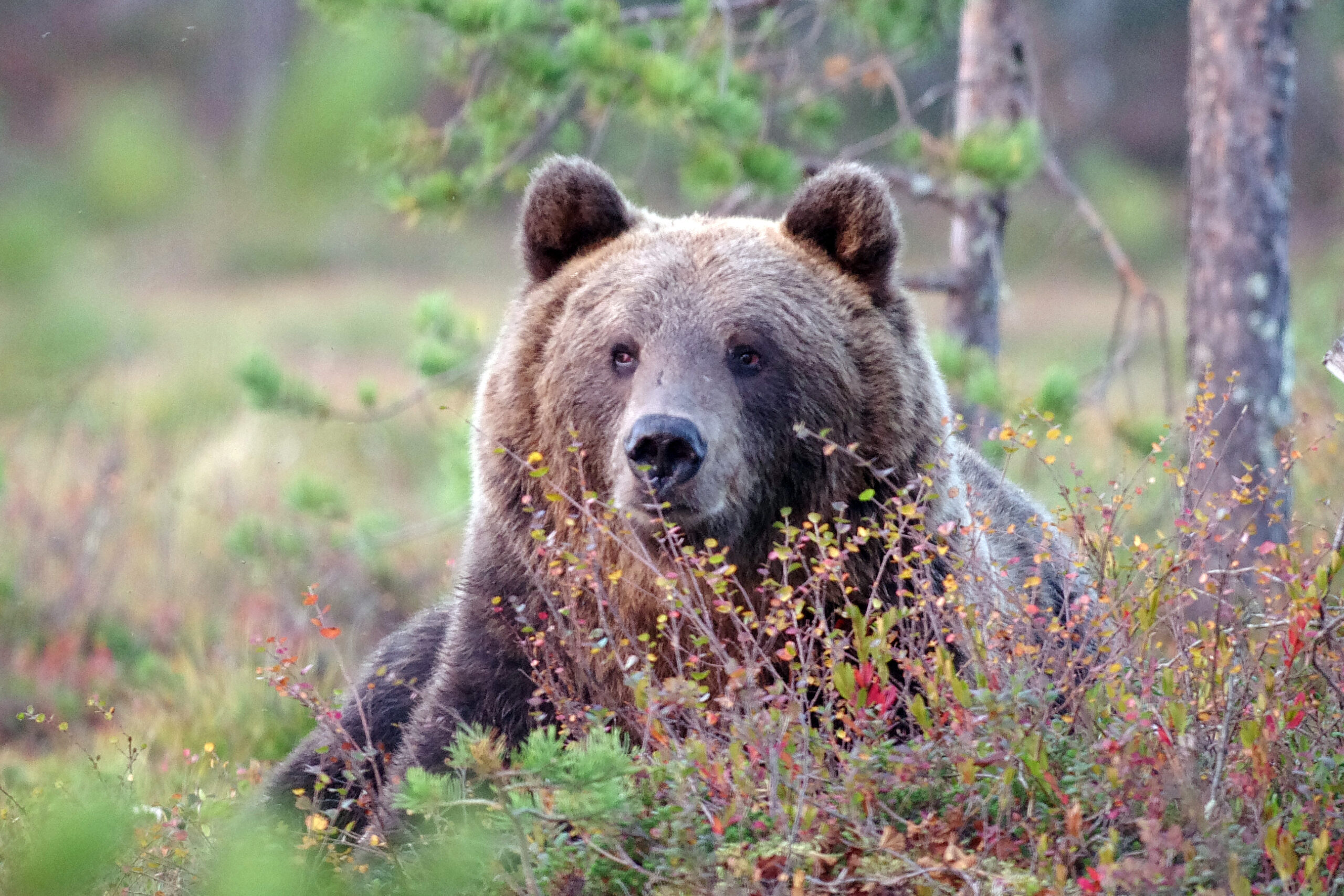
2016
Large mammals
Two decades after our first elephant conservation projects in Tanzania, Istituto Oikos remains at the forefront of wildlife management. Our expert teams are now working to protect the brown bear in Turkey, the sun bear in Myanmar, the Nubian ibex in Lebanon, and the wolf in the Alps.
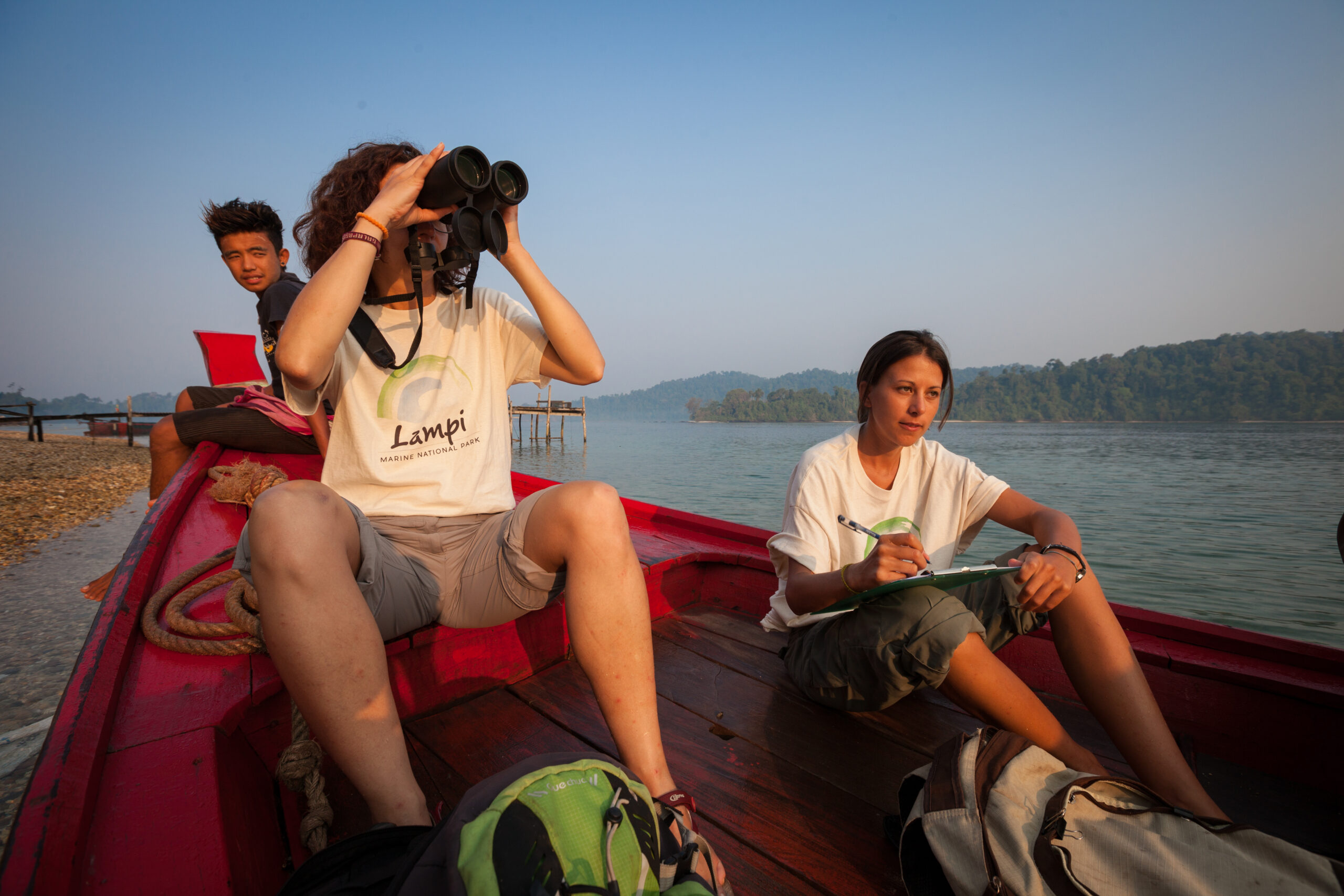
2015
Global recognition
Our work in the Myeik Archipelago (Myanmar) and in the Lampi Marine National Park is internationally recognized as a best practice in the field of “Sustainable Natural Resource Management” under the Feeding Knowledge programme at Expo Milano 2015.
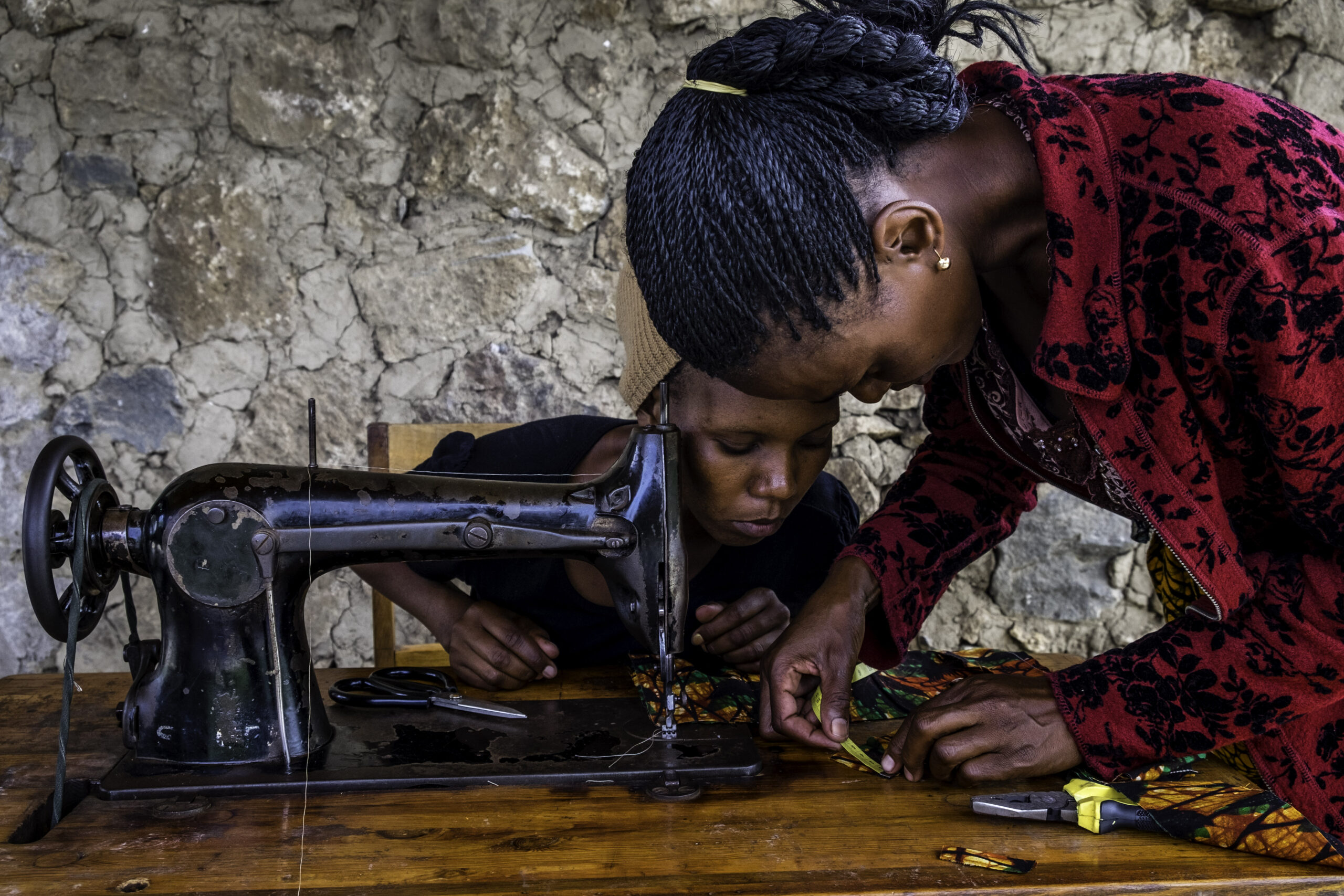
2013
Green and inclusive enterprises
The need to combine environmental, social, and economic goals grows stronger. With that, Oikos supports the rise of innovative micro-enterprises—often women-led—in sustainable agriculture, artisan crafts, and eco-tourism, to boost local economies.
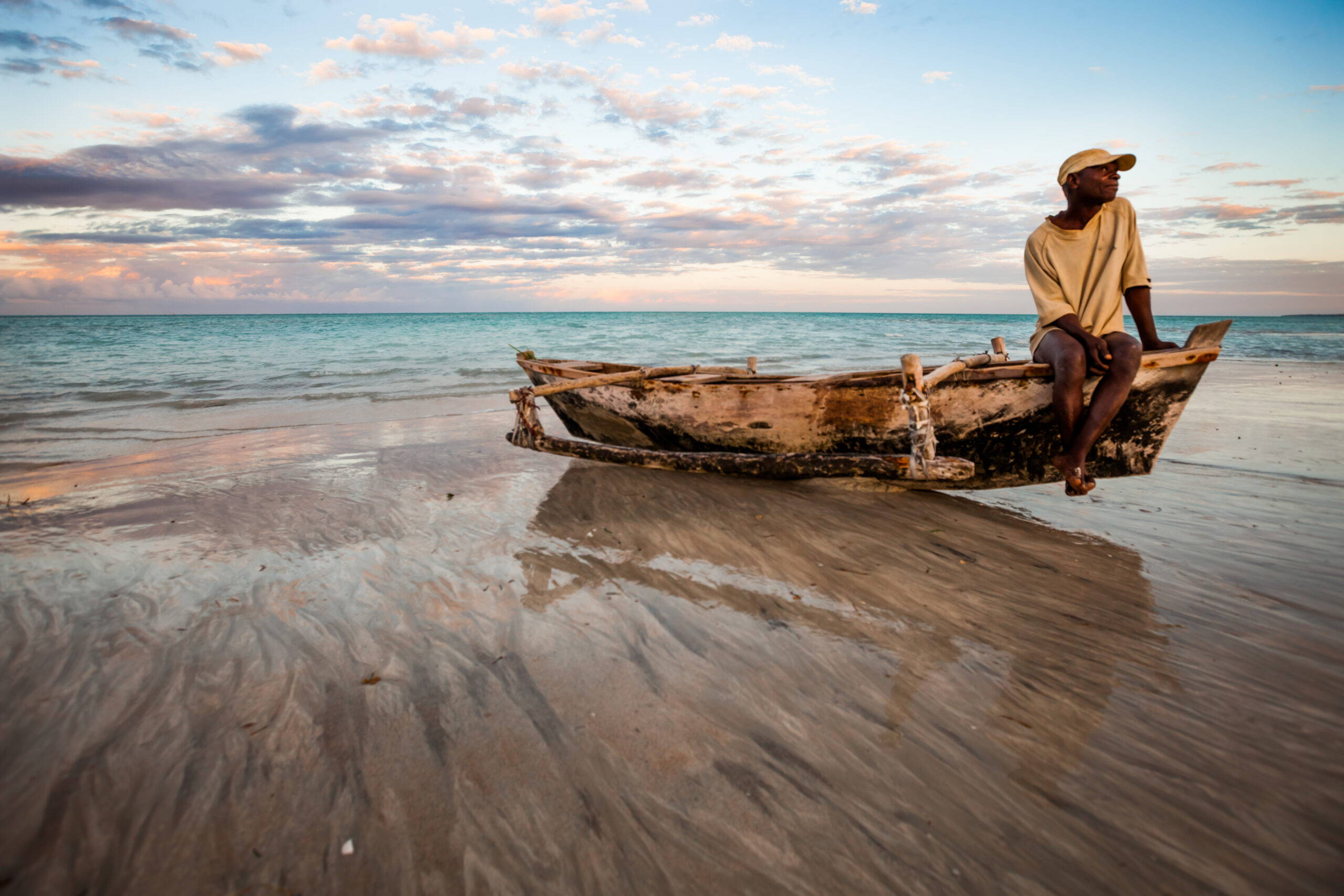
2012
Mozambique
Oikos begins operations in Mozambique, partnering with Quirimbas National Park to protect one of Sub-Saharan Africa’s most vital coastal marine ecosystems—crucial for the livelihoods of local fishing communities.

2011
Guido
On November 20, 2011, among the peaks of Val Formazza, Guido Tosi passed away. A university professor, expert in wildlife and environmental conservation, colleague, and co-founder of Oikos—Guido was a pioneer. His legacy lives on in our relentless quest to open new horizons, driven by respect, inclusion, and scientific integrity. His example continues to guide us toward a world where the needs of people and nature are in balance.
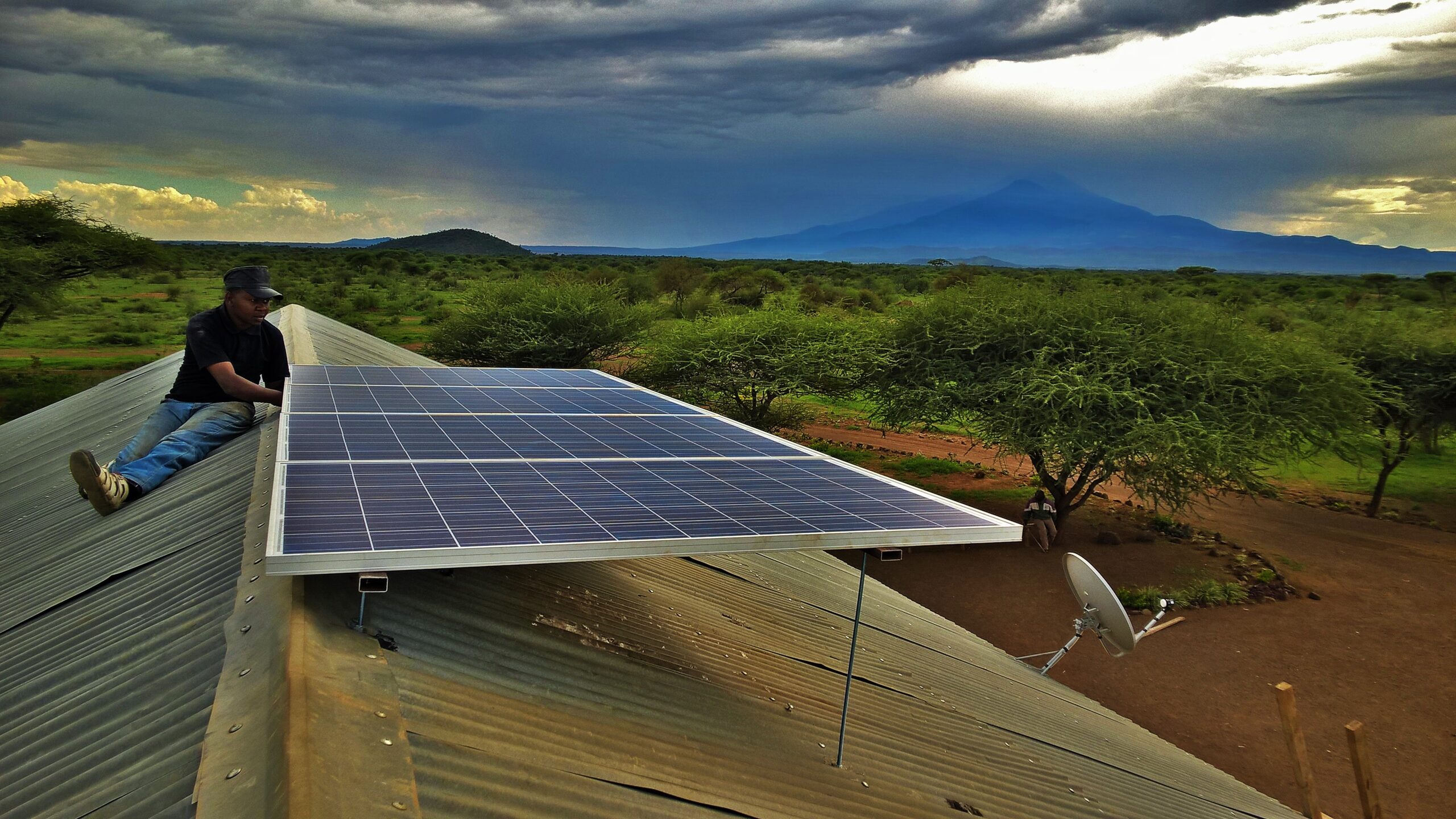
2008
Powering the change
Energy access and efficiency become central to our mission. New projects take off to reduce the environmental impact of charcoal production in rural Tanzania and to promote energy conservation and renewable energy use in Europe.
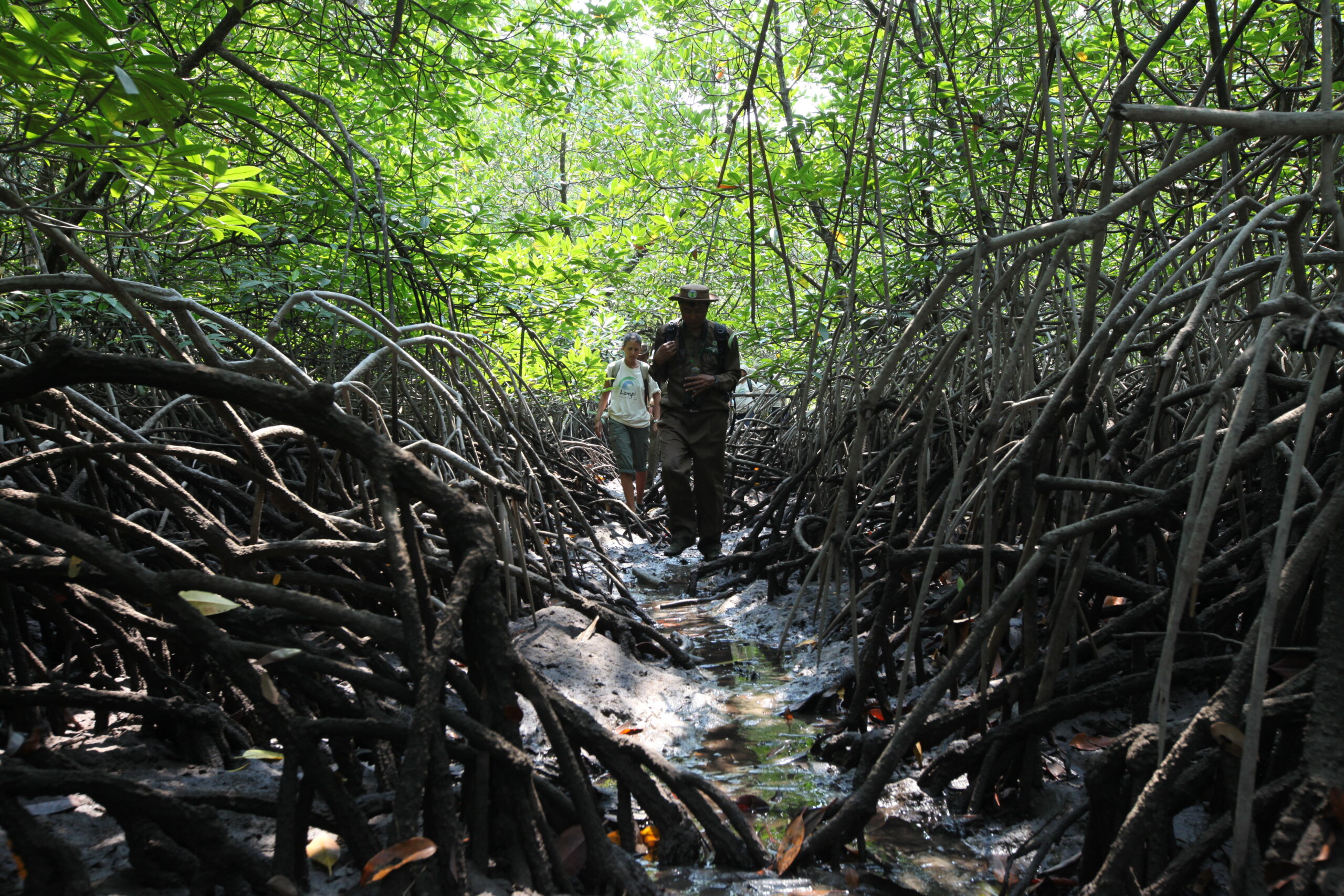
2007
Myanmar
Myanmar’s leading environmental association, BANCA, invites Istituto Oikos to support conservation efforts in Lampi Marine National Park. Research and monitoring activities begin—marking the start of a long-term presence and growing commitment in the country.
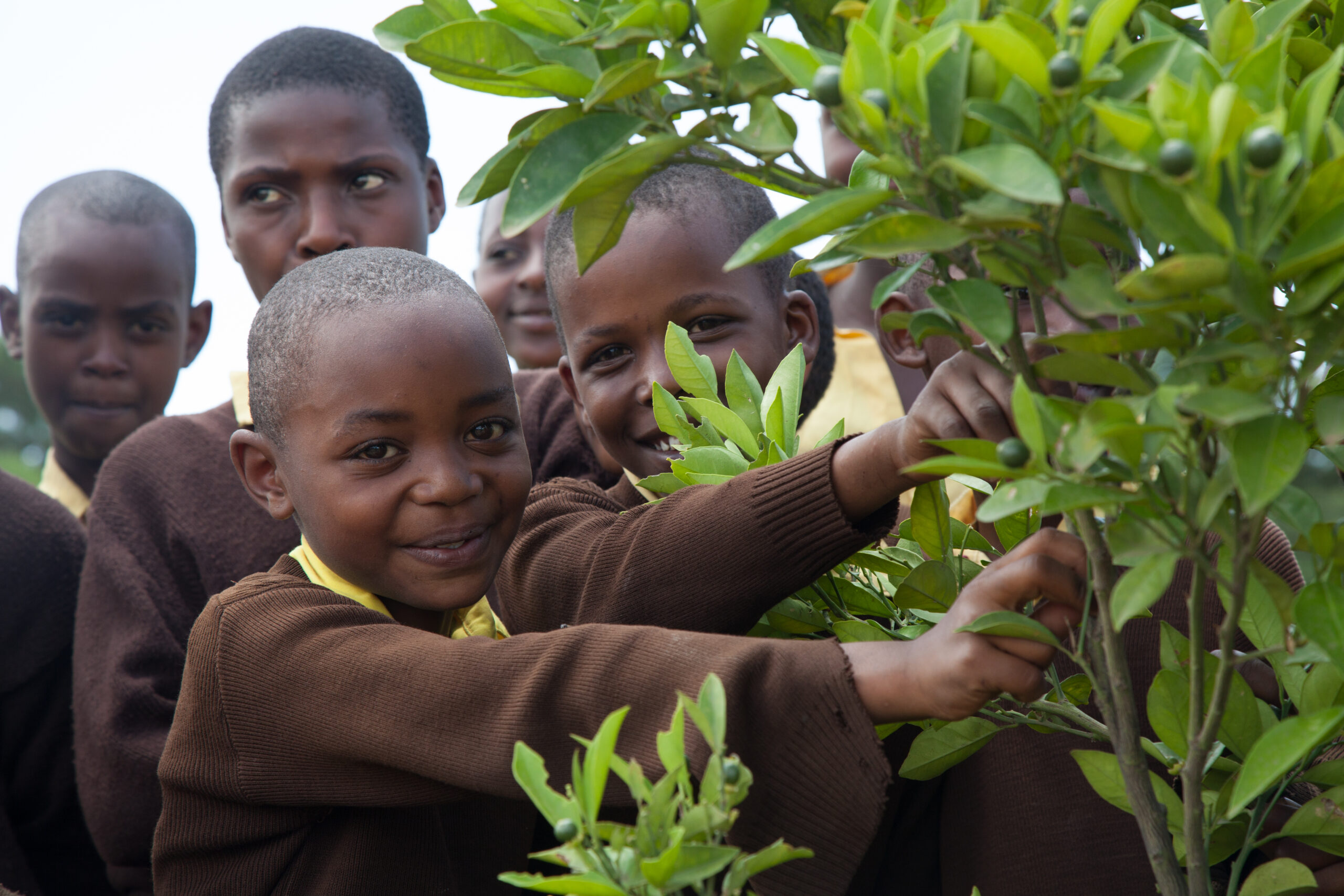
2006
Food security
Building on our work in Niger, Oikos integrates food quality and safety into its mission—launching awareness campaigns and training initiatives to improve nutritional and hygiene standards in local diets.
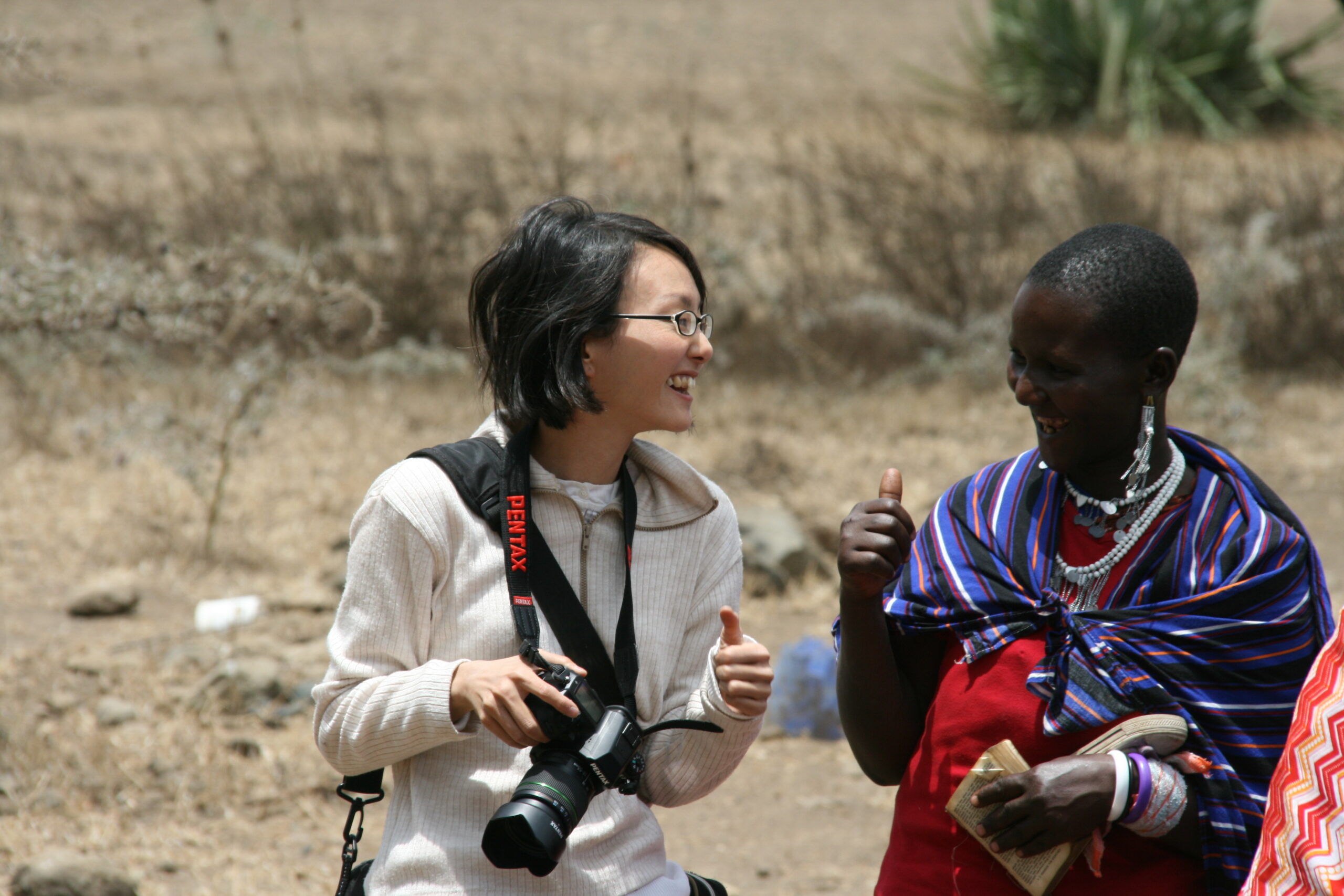
2005
Ecotourism
The positive impact of a healthy environment isn’t always visible in the short term. That’s why creating economic opportunities—like responsible tourism—that link environmental protection with local development becomes a powerful driver for conservation. This year sees the launch of the first ecotourism projects, managed directly by local communities.

2004
Water
Water is life—and managing it sustainably is essential for the well-being of both people and ecosystems. Improving access, enhancing quality and availability, and reducing waste becomes one of Oikos’ top priorities. Our first major water project takes shape in Tanzania, supporting rural communities and protecting both domestic and wild animals.
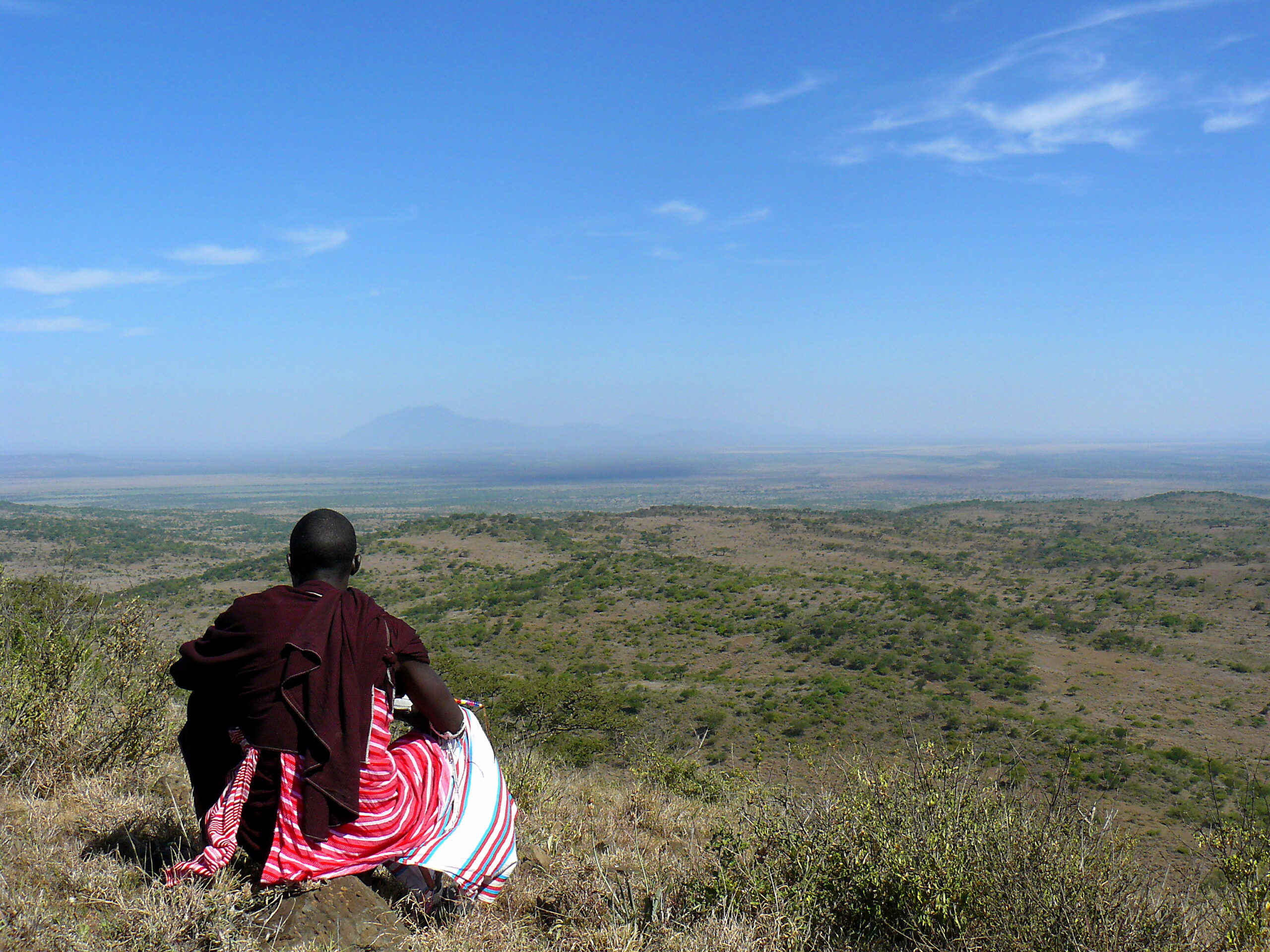
1999
Oikos East Africa
What begins as a local branch of Istituto Oikos in Tanzania soon becomes a fully recognized national NGO. This marks the consolidation of our long-term presence in East Africa and a deepening of our commitment to the region.
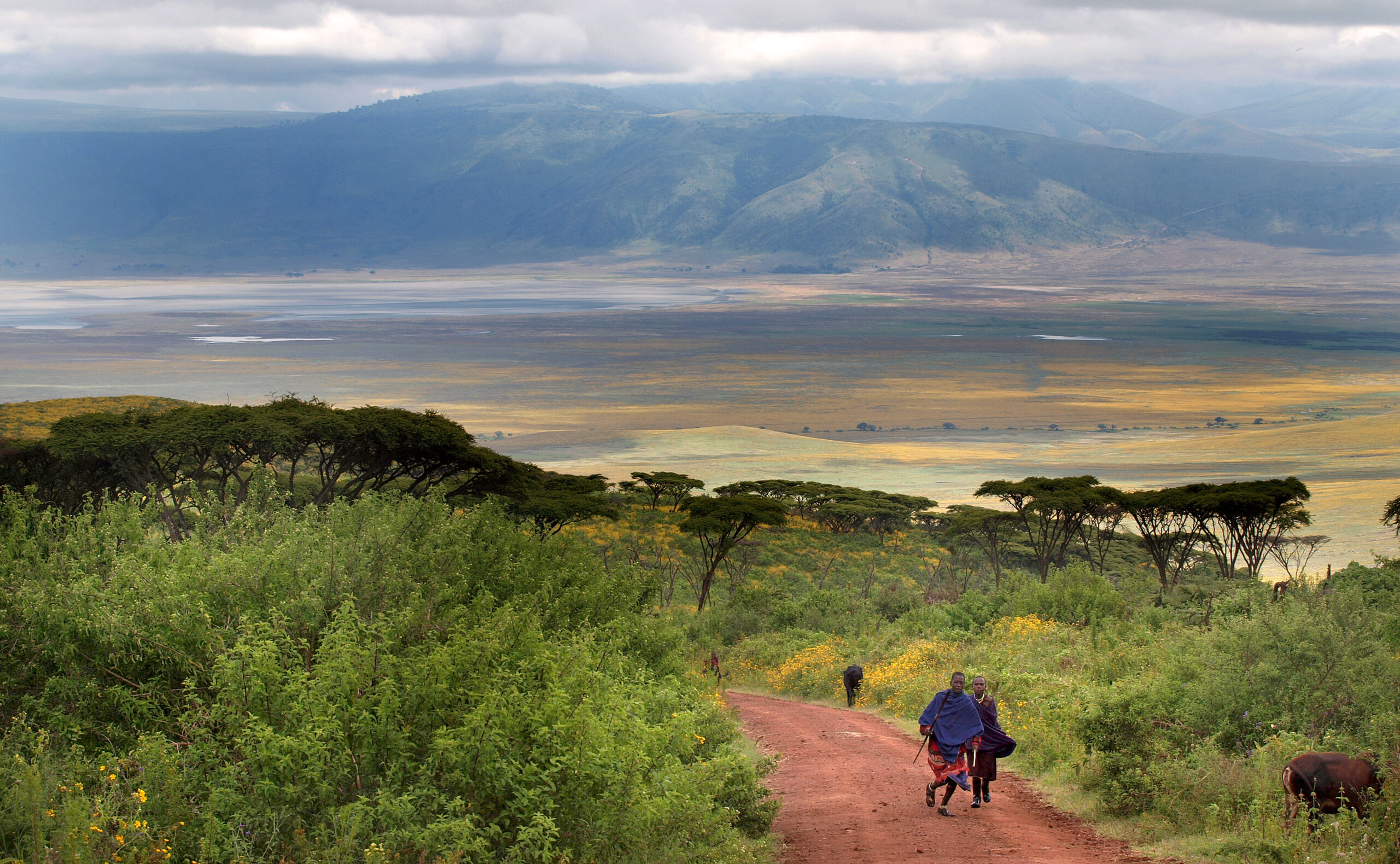
1998
A new horizon for sustainable development
In Sub-Saharan Africa, environmental degradation hits local communities hardest. Working closely with them, Oikos realizes that protecting plants and animals is just the beginning—true sustainability means safeguarding entire landscapes and addressing the human impact on natural resources, especially soil. A broader, more integrated approach is born.

1997
Italy and Tanzania
ITALY. Oikos focuses on Alpine biodiversity, developing territorial information systems and management plans for protected areas. Strong partnerships take root with local authorities and universities.
TANZANIA. Our first international project begins in northern Tanzania: a study on the migration patterns of large mammals and how they interact with human activity in the Tarangire National Park region. The goal is to help define a sustainable development strategy for the area.
TANZANIA. Our first international project begins in northern Tanzania: a study on the migration patterns of large mammals and how they interact with human activity in the Tarangire National Park region. The goal is to help define a sustainable development strategy for the area.
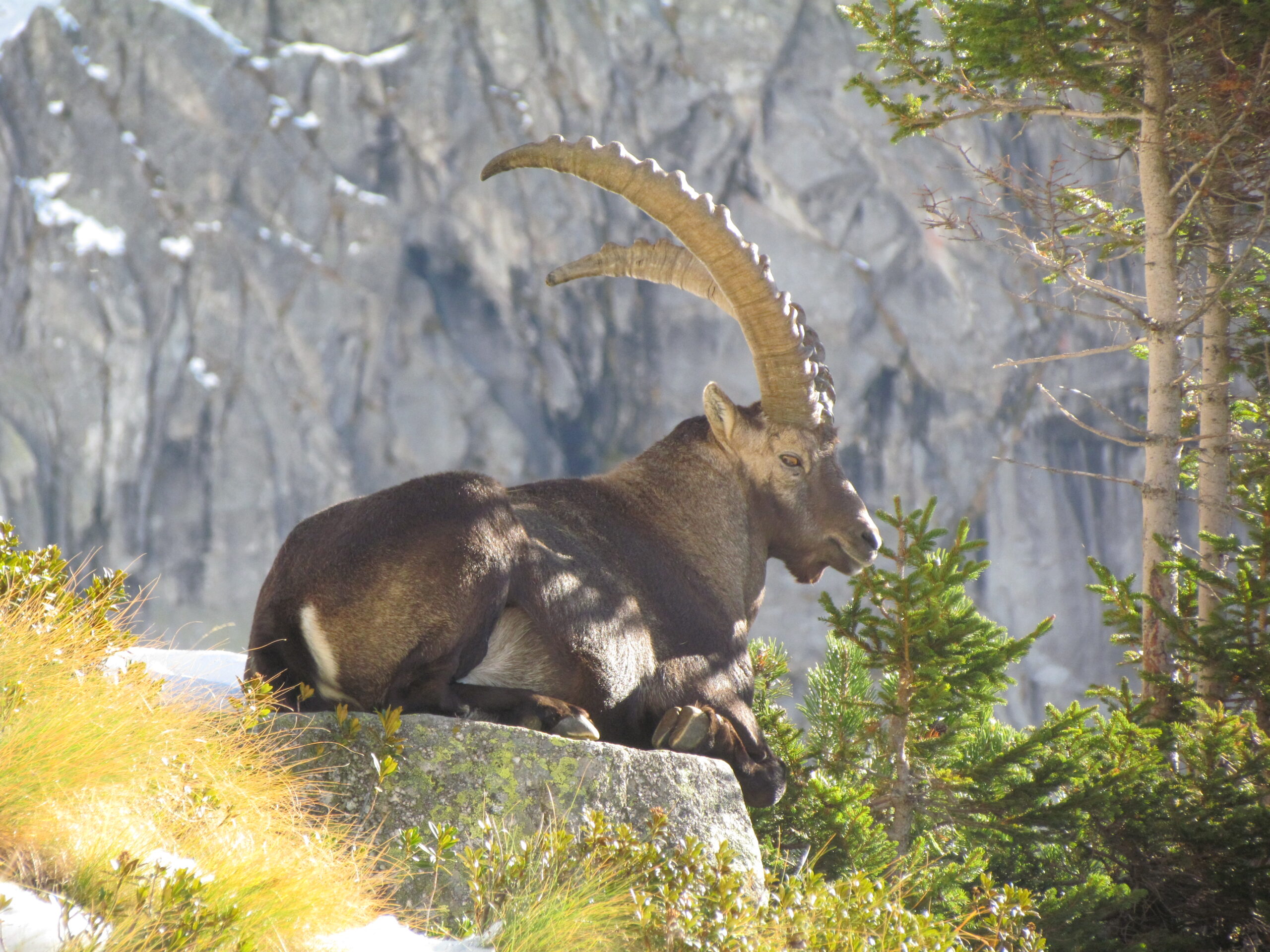
1996
Milan
In Milan, a small group of biologists and naturalists founds Istituto Oikos. Their expertise shapes a clear mission from day one: to protect biodiversity and promote the sustainable use of natural and wildlife resources. This environmental focus becomes the beating heart of Oikos’ work, guiding its growth for decades to come.
